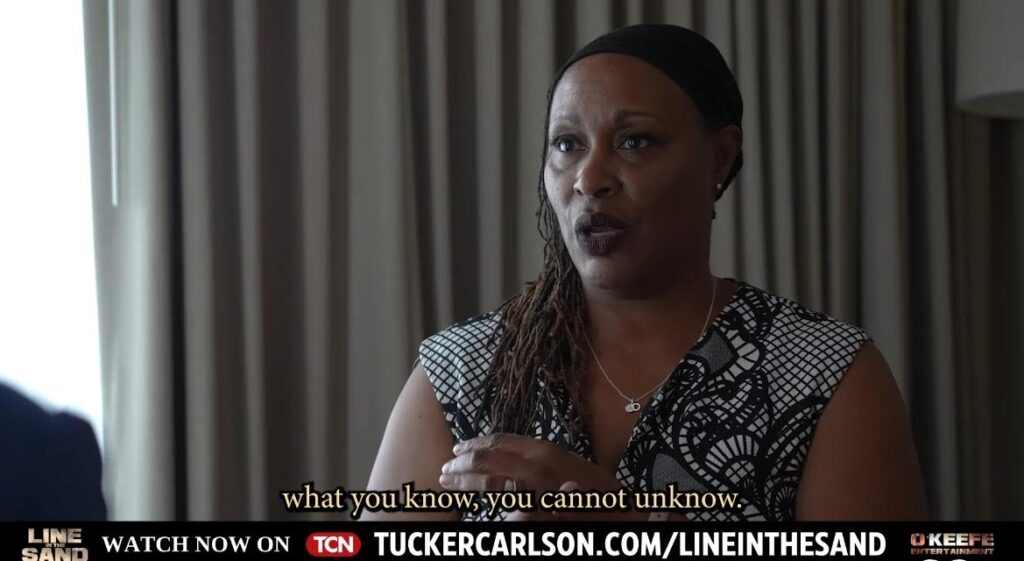Clarissa Rippee, a Contract Specialist with the General Services Administration (GSA), has made headlines as a government whistleblower by exposing troubling practices related to a $347 million contract for the transportation of unaccompanied minors. In a candid interview with James O’Keefe from O’Keefe Media Group, Rippee described her shock upon discovering the extent of this contract and the conditions under which these vulnerable children are moved across the United States. She vividly depicted the unaccompanied minors as being treated like “commodities,” which underscored her grave concern about the ethical implications of the operations involved in this lucrative venture.
For Rippee, her “line in the sand moment” came when she realized the severity of the situation, feeling as if she had been “kicked in the gut.” Her commitment to expose the realities faced by these children is fueled by what she witnessed, prompting her to conclude that remaining silent was not an option. “It’s about the children, and it’s my duty now to speak up,” Rippee asserted, illustrating the moral imperative she felt to become a whistleblower. Her revelations highlight not only a troubling business operation but also a systemic problem within the government bureaucracy that prioritizes profit over humane treatment.
Rippee’s disclosures are part of a larger conversation regarding the normalization of such practices within government agencies. She criticized these behaviors as accepted operations in a bureaucratic system that often overlooks the dignity of individuals, particularly minors separated from their families. Through her voice, she urges for a re-evaluation of such exploitative practices and demands accountability from those in power. Rippee emphasizes that what many in the system take for granted should be recognized for what it truly is: exploitation that harms vulnerable populations.
The timing of Rippee’s revelations aligns with similar whistleblowing actions from other government employees, such as Border Patrol Agent Zachary Apotheker, who also shared concerning insights regarding U.S. Customs and Border Protection in a documentary titled “Line in the Sand.” Their shared experiences point to a critical need for whistleblowers to be heard and supported, as they illuminate problematic government activities that might otherwise remain unaddressed. Rippee and Apotheker serve as examples of individuals who prioritize transparency and ethical responsibility over bureaucracy and profit.
To support individuals like Rippee, O’Keefe Media Group has issued a call for public donations to the Citizen Journalist Foundation. Their fundraising efforts aim to empower brave whistleblowers who risk their careers to unveil truths that are significant to public welfare. By contributing, supporters can foster an environment where more individuals feel encouraged to come forward, thus promoting accountability in government actions.
In summary, Clarissa Rippee’s whistleblowing story serves as a powerful reminder of the ethical dilemmas faced by government contractors and the treatment of unaccompanied minors. Her heartfelt expressions about witnessing these children treated inhumanely reveal a disturbing trend in government contracts related to human trafficking issues. The call to action for public support underscores the crucial role that informed citizens can play in holding authorities responsible for their actions and in advocating for the humane treatment of those reliant on governmental systems.

